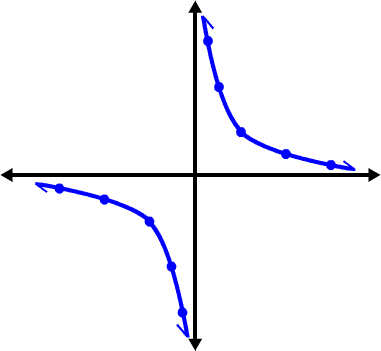Overview: What Is Solid Geometry? Solid geometry was developed after plane geometry as a way to describe the three-dimensional world and the objects in it. In the ideal three-dimensional world,…
read moreOverview: What Are Functions? Functions in mathematics describe two different types of relationships between numbers. The simplest definitions are that a function can be either the set of ordered pairs…
read moreOverview: Why Double Negatives? Some of the most common examples of nonstandard English occur when negative words and statements are misused. Negatives as alternatives are contained in the English/grammar tests…
read moreOverview: Why Prepositions and Conjunctions? Both prepositions and conjunctions show relationships between words within sentences. It is important to use both types correctly, as changing either the preposition in a…
read moreOverview: Why Sentence Construction? Some test questions in the English/grammar portion of the SAT, ACT, and other tests ask students to read a passage and find the best way to…
read moreOverview: What Is Nonstandard English? Nonstandard English usage encompasses topics such as double negatives, nonstandard use of contractions, less acceptable phrases, and commonly confused words. These are all traps for…
read moreOverview Mathematical combinations occur in problems that involve the number of ways that sets can be combined, where order does not matter. Permutations are similar arrangements, but order does matter. …
read moreOverview: No Error One of the ways English and grammar skills are tested on the SAT, ACT, and other standardized tests is to ask students to decide if a sentence…
read moreOverview: What Are Mechanical Errors? Although many proofreading questions on the English portion of the SAT and ACT are to catch errors in standard English usage, some questions involve errors…
read moreOverview: Sentence Context Adds Power Skilled readers use the powerful tool of sentence context to approximate the meaning of unfamiliar words, when the meaning is not apparent from prefixes, roots,…
read more







